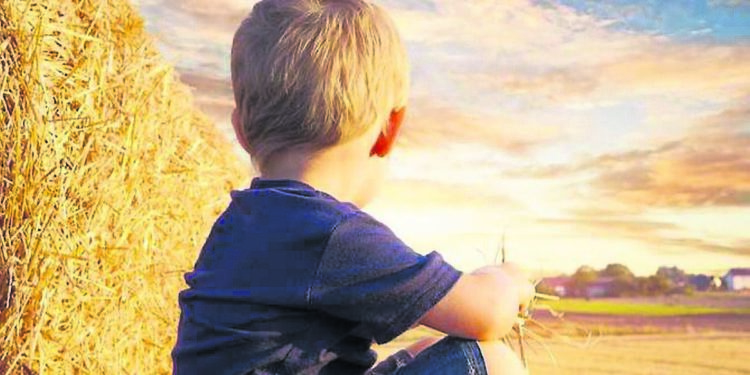That, in essence, is what American environmental activist, Les U Knight, is proposing through his organisation, VHEMT (Voluntary Human Extinction Movement), pronounced ‘vehement’.
It’s a tad extreme and, given the strong human reproductive drive, it’s hard to see it working.
But Knight, a surprisingly sensible-sounding man who was interviewed by Sean Moncrieff on Newstalk recently, is deadly serious. He believes that human extinction is the best solution to the problems facing the earth’s biosphere and humanity.
Clearly, Knight walks the talk. He chose to have a vasectomy at the age of 25. He suggests that people who want to have children should foster or adopt them, rather than procreate.
And with diminishing resources on earth, Knight’s argument can’t just be dismissed as unworkable.
There is a lot to be said for taking unwanted, abandoned children into one’s home and giving them a good loving life. It’s altruistic and is a meaningful way of responding to over-population.
According to Knight, humans are “incompatible with the biosphere” and human existence is causing environmental damage which will eventually bring about the extinction of humans (as well as other organisms).
He points out that the majority of human societies have not lived sustainable lifestyles. Attempts to live environmentally friendly lifestyles do not change the fact human existence has been destructive to the earth and many of its non-human organisms.
In promoting voluntary human extinction, the thinking is that it will prevent human suffering (such as the deaths of children from preventable causes) and the extinction of other species.
Those of us in the First World should bear the greatest responsibility to change as we consume the largest proportion of resources. We blunder on, upgrading our smart phones, made with rare materials from the earth such as gold, silver, platinum and lithium, to name just a few.
This makes one of our most prized possessions one of the most resource-intensive products by weight on the planet. Could we live without them? No chance, I’d say.
And people are very slow to even consider a life without their cars.
Knight claims non-reproduction would eventually allow humans to lead idyllic lifestyles in an environment comparable to the Garden of Eden, and maintains that the last remaining humans would be proud of their accomplishment. (But there would be no-one left to read any putative diaries of the last people standing.)
What is humanity if it can’t observe, report on, and digest the written word? Would it be a case of sublimating our cerebral instincts for the greater cause of obliteration?
It kind of sends shivers down the spine, this idea of being among the last of our species, clocking out with no younger generation coming up to re-enact the best of what it means to be human.
But there’s too much negativity involved in being human, according to Knight.
He believes earth’s non-human organisms have a higher overall value than humans and our accomplishments, such as art and science.
“The plays of Shakespeare and the work of Einstein can’t hold a candle to a tiger,” he says. Really?
Knight argues that species higher in the food chain are less important than lower species. This ideology is drawn from something called ‘deep ecology’.
Naturally, the Catholic Church doesn’t agree with this worldview. It would argue that the existence of humanity is divinely ordained. And surely we are a good step above animals?
But as the broadcaster and naturalist, David Attenborough, points out: “All of our environmental problems become easier to solve with fewer people, and harder – and ultimately impossible – to solve with ever more people.”
While many of his documentaries illustrate the beauty of the natural world, Attenborough has been criticised for not stating strongly enough how human behaviour such as fossil fuel extraction and urbanisation have impacted negatively on the environment.
But off screen, he has said that humanity needs to reduce its impact on earth urgently, and says one of the ways is to reduce the growth of our population. He has gone as far as saying that humans are “a plague on earth”.
At the rate we are growing, we will soon be unable to feed or house ourselves, he says.
“It’s not just climate change; it’s sheer space, places to grow food for this enormous horde.”
VHEMT thinks it has the solution. But given our egos, would we really want to annihilate our species? It just seems so extreme.
Credit: Source link




